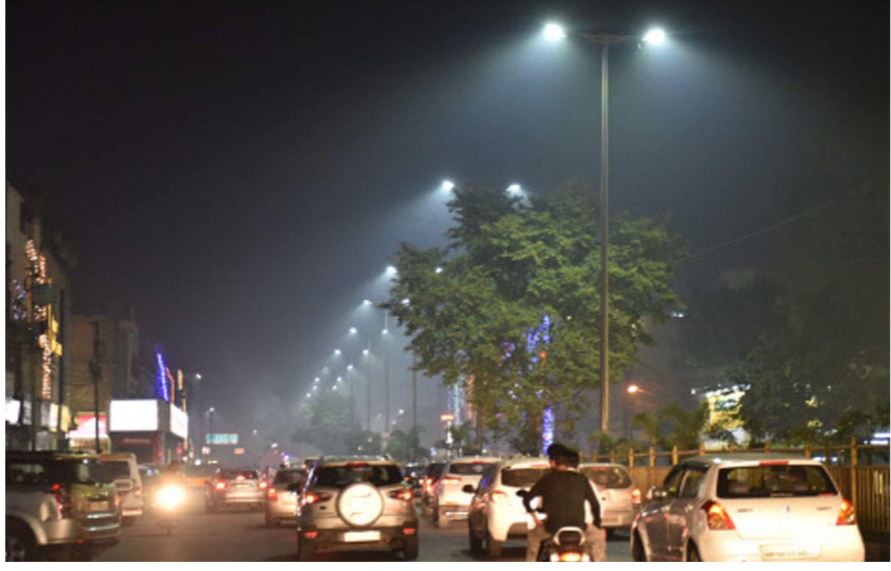Polluted air cutting lives of Bhopal citizens short by three years: AQLI

A new analysis of the Air Quality Life Index (AQLI), produced by the Energy Policy Institute at the University of Chicago (EPIC), reveals that on an average, air pollution cuts life expectancy of citizens in the state short by nearly 3.6 years relative to what they would be if particulate concentrations everywhere were at the level of 10 µg/m 3, which is deemed safe by the WHO.
Way back in 1998, the gain in life expectancy by meeting the same air quality standards was 1.5 years, claims an official release. There are also other districts in
Madhya Pradesh where people might be living shorter and sicker livers.
According to an official release, in Bhind, citizens could gain 7.6 years if the air quality matched WHO standards. Also Morena, Sheopur, Satna, Shivpuri, Tikamgarh and Singrauli are not far behind where gain in life expectancy could be 6.7 years, 4.4years, 4.2years, 4.2years, 4.2years and 3.9 years respectively, if people breathe in clean air.
While air pollution is a challenge across India, high levels of particulate pollution in the IGP region of North India, including Bihar, Chandigarh, Delhi, Haryana, Punjab, Uttar Pradesh and West Bengal, would have seen their citizens cut their lives 7 years due to failure of air quality to meet World Health Organization’s (WHO) guidelines for fine particulate pollution.
This is due to a 72 per cent increase in pollution from 1998 to 2016 in the region that is home to about 40 per cent of India’s population. In 1998, the impact on people’s lives would have been half of what it is today, with residents losing 3.7 years of life expectancy.
The findings were announced, as the full platform of the AQLI was made accessible in Hindi, expanding the Index’s ability to inform citizens and policymakers about particulate air pollution as the greatest threat to human health globally.
“With the addition of this Hindi version, hundreds of millions users will be able to learn how particulate pollution is affecting their lives, and, importantly, how air pollution policies can make an enormous difference in increasing life expectancy,” said Michael Greenstone, the Milton Friedman Distinguished Service Professor in Economics and director of Energy Policy Institute at the University of Chicago (EPIC) as quoted in an official release.
If India is successful in meeting its goals under the National Clean Air Program (NCAP) and sustaining pollution reductions of about 25 per cent, the AQLI shows that such improvements in air quality would extend the life expectancy of an average Indian by 1.3 years.



